Nintendo of America is reportedly picky about indie developers’ capabilities, Damon Baker explained.
Nintendo’s American branch has a reputation for two things—a family-friendly attitude and secrecy. Luckily, Nintendo’s Damon Baker has just pulled back the curtain regarding how indie games are accepted to the Switch eShop.
Baker, who serves as Nintendo’s senior manager of publisher and developer relations, essentially directs Nintendo of America’s indie focus. And he’s very opinionated about the eShop’s indies. In an interview with Kotaku from this week’s GDC, Baker stressed that Nintendo is thinking about the company’s long-term relationship with a developer when it approves or denies games.
That’s because Nintendo is concerned about how developers can navigate a “development cycle,” “certification,” and other complications that make Switch development slightly more difficult than working on the PC.
“Over the last year we have been evolving past what was initially more of a curated content position to now a curated partnership position,” Baker said. “So part of the pitch process for new developers or new publishers who come on board with Switch is to not just pitch us a brand new game or a brand new concept, but to use that opportunity to prove their background, their aptitude as a developer… that’s part of our evaluation.”
This, Baker explained, means Nintendo wants to partner up with developers that “instill a level of trust and confidence” in the company, whereas Nintendo’s rejects aren’t quite up to that same level of responsibility in its eyes.
“Some of those developers do have a negative reaction or are bummed because we haven’t opened up the door to hobbyists or students at this time,” Baker said. “But one day, we may. We may be going towards that direction. But for now, we’re still staying the course in terms of a closed dev environment for Switch.”
Now that the Nintendo Switch has been out for a year, Baker also explained that the company has a better grasp on “what is resonating on the system.” On one hand, that includes nostalgia for the past from Nintendo fans that grew up with the consoles of yesteryear. But on the other, there’s also a “core and active gamer demographic” that’s finally filling the gap between Nintendo’s young players and its older, nostalgia-driven crowd.
“There’s certain types of content and certain genres and things that resonate with the core audience,” Baker said, citing Bethesda’s Skyrim and Doom. “On the indie side, it’s even more pronounced… we’re able to release M-rated content, horror games, and the wide gamut of content that’s actually doing quite well.”
Baker’s insights should provide some badly-needed clarification over Nintendo of America’s issues with U.S. indie devs, who have reportedly struggled to get some of their games accepted by the gaming giant. Some developers suggest Nintendo’s Japanese and European divisions are significantly easier to work with.
You can read through Baker’s full interview with Kotaku here.
H/T Nintendo Life

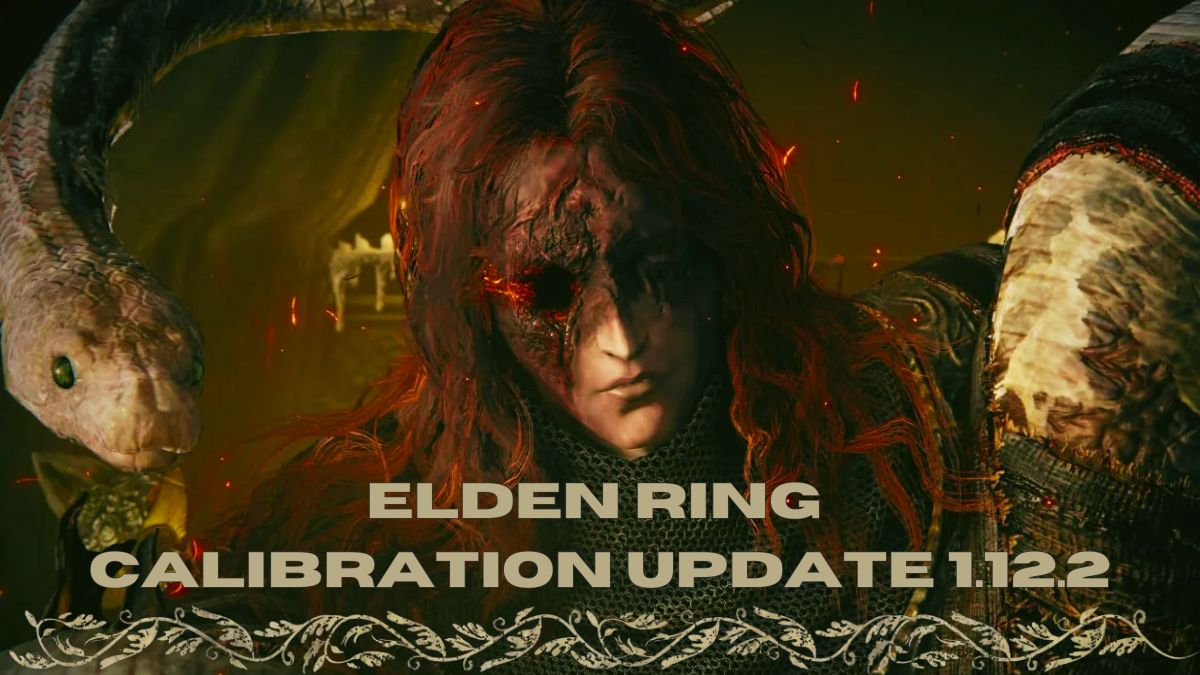
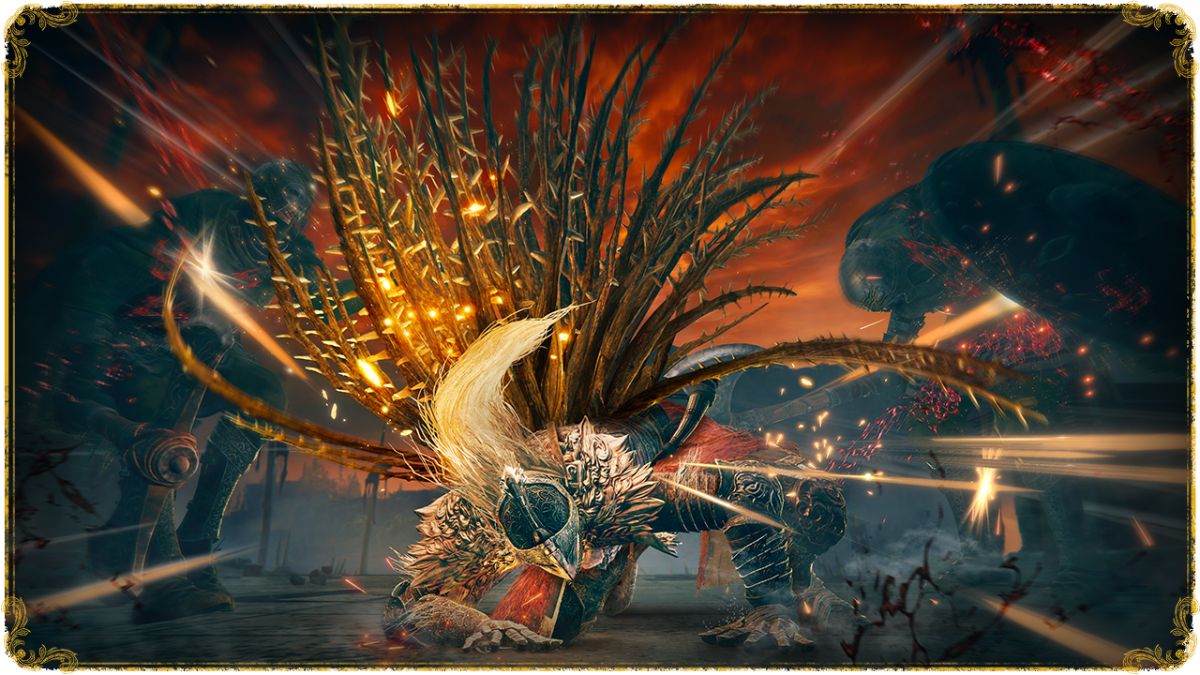
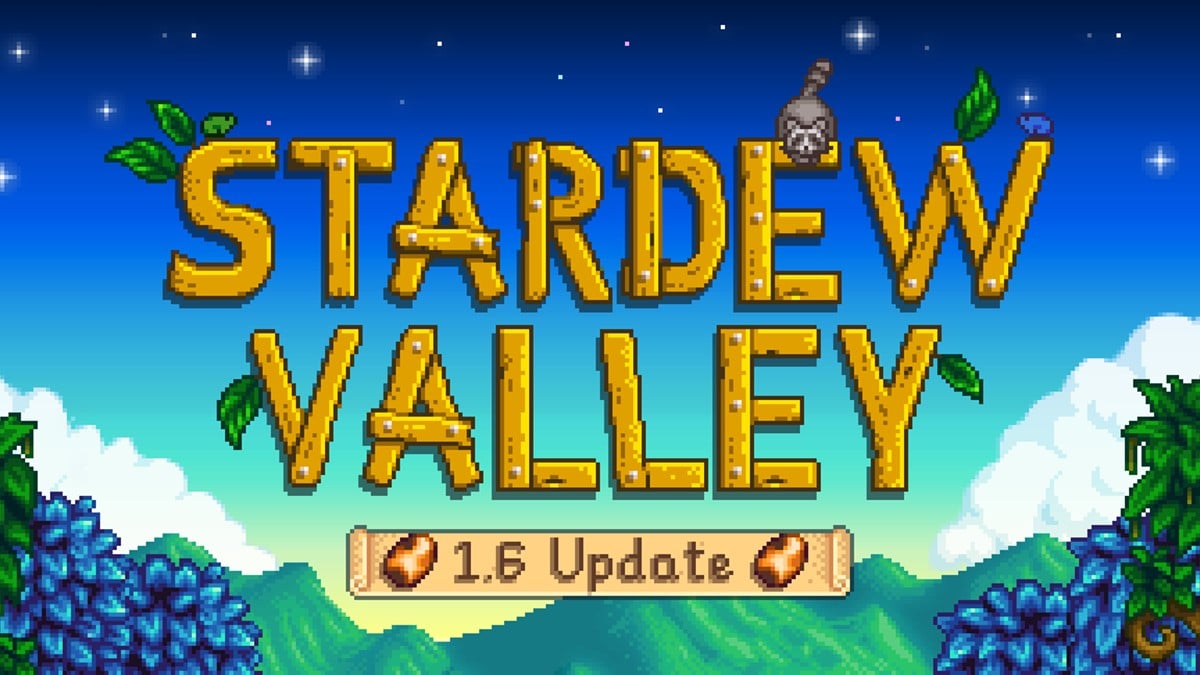


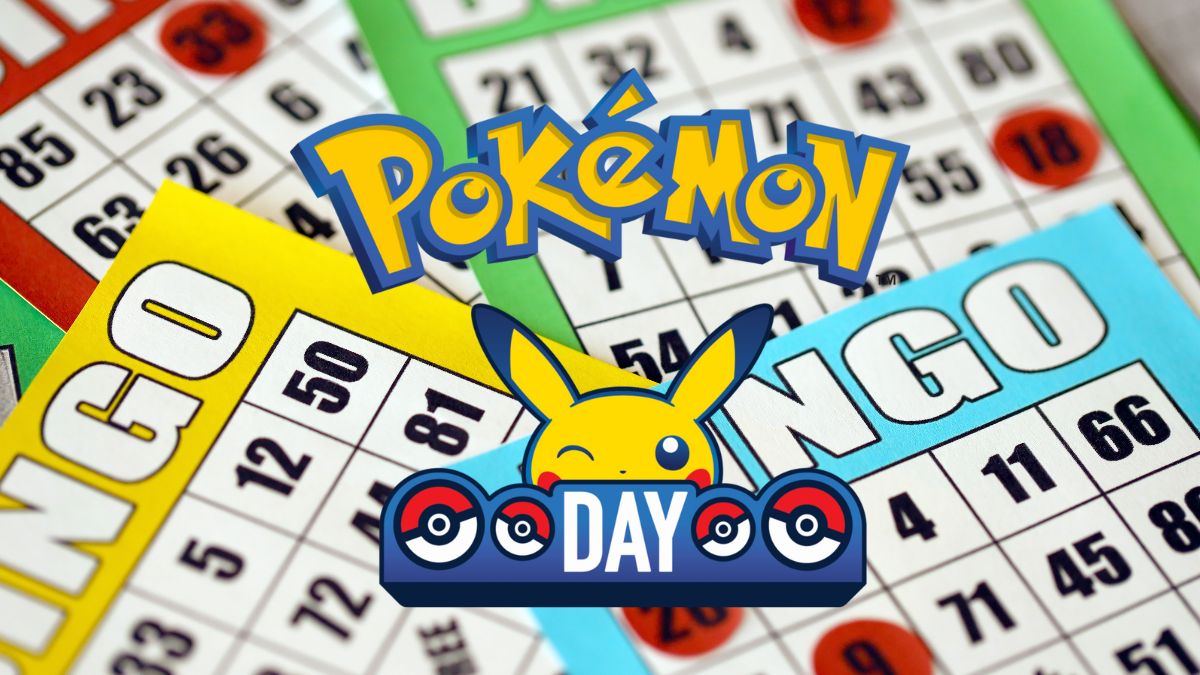

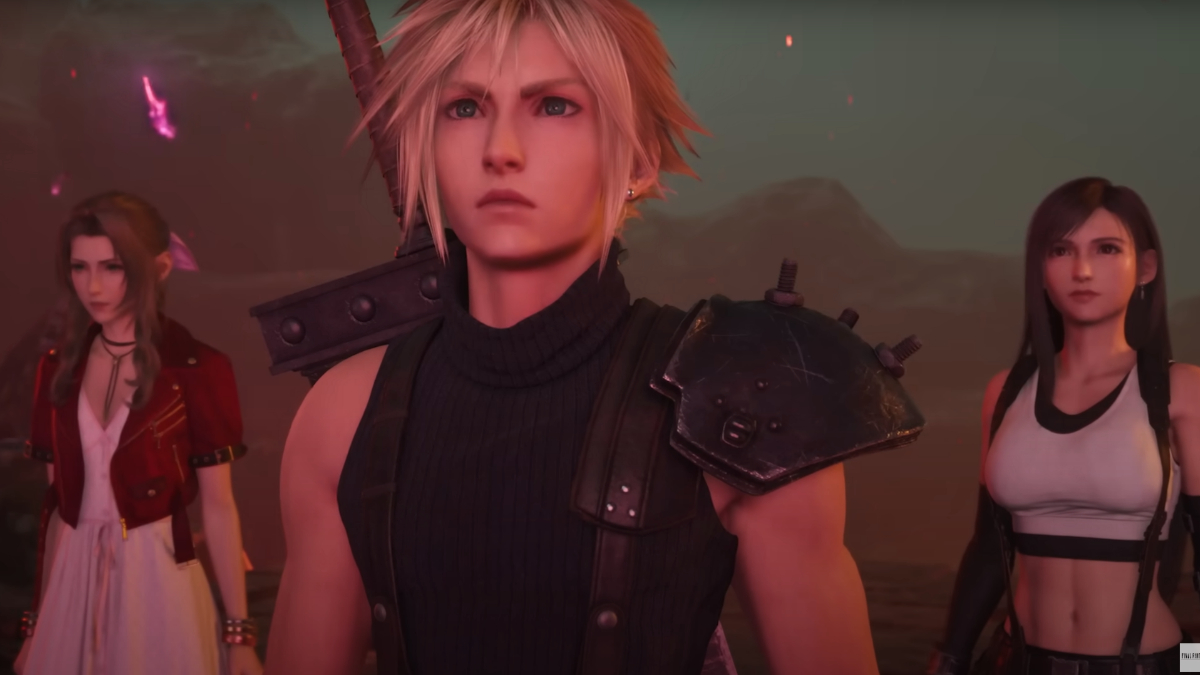
Published: Mar 24, 2018 01:05 am